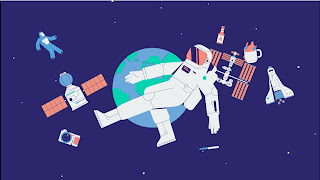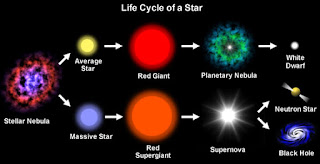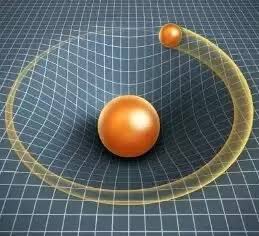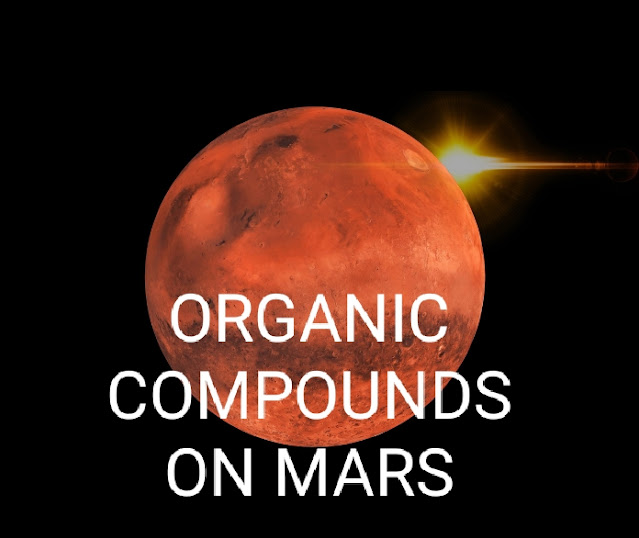Challenges Faced by The Astronauts in Space- PART 1
Humans are psychologically well adapted to the life on Earth. On moving apart from the Earth gravity reduces so we face microgravity or weightlessness. Weightlessness is not due to zero gravity, it is due to absence of stress and strains. It is a uniform gravitational field that withdraw any stress or strain that may certainly be present due to variable and mechanical contact forces E.g. force exerted by floor, seats , scales etc, anything that have mass.
Gravity due to rest of the milky way is already very less so we do not need to move so far from the Earth's centre to feel weightlessness, it could be felt on moon with a small jump and even in spacecraft by creating microgravity.
Adversities caused by Weightlessness.
1. Balance Disorders
2. Eyesight Disorders
3. Muscle atrophy and loss of mass
4. Spacecraft osteopenia
5. Decreased RBC production
6. Weakening of Immune system
7. Slowing of Cardiovascular functioning
8. Space sickness
9. Excess flatulence
10. Sleep disturbance.
Some of the adversities are explained below:
Why Astronauts easily get disoriented?
On Earth fluid in semicircular canals of your inner ear helps you to know when you are erect or upside down. The gravity creates a pull on the fluid and small particles inside your inner ear whenever you are disoriented. In space there is no physical sensation to let you know when you are upside down as due to less gravity, your inner ear receives mixed messages and ceiling of your spacecraft may easily be your floor and you can stand upside down without blood rushing to your head.
What causes Eyesight Disorders?
On earth gravity causes most of the body's fluid to be distributed in lower part of body but microgravity in space causes body fluid to spread equally throughout the body so more fluid rushes towards head and face of astronauts become puffy. Increased pressure of fluid in eye ball damages optic nerve resulted in distorted vision.
Some other Problems!
Accumulated fluid in head also causes loss of taste, smell and feeling of less thirst. Body records shift in body fluid as increasing in blood volume which in turn increases glomerular filtration rate and body eliminate extra fluid through kidneys. So astronauts feel like to visit resting room more frequently.
So puffy face, space sickness are short-term changes that astronauts feel. But some other effects like loss of calcium from bone, Muscular Atrophy, weakening of immune system, anaemia etc. are more long-term effects.
THANK YOU.









These efforts of yours are commendable. 💯
ReplyDeleteRealy outstanding
ReplyDeleteOutstanding information
ReplyDeleteVery innovative information
ReplyDeleteSomething interesting
ReplyDelete